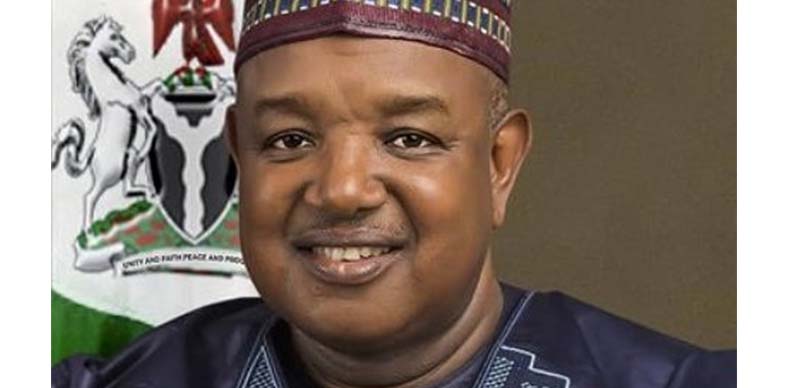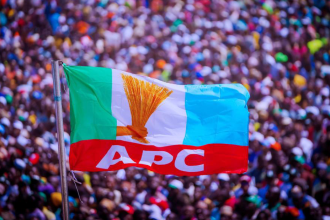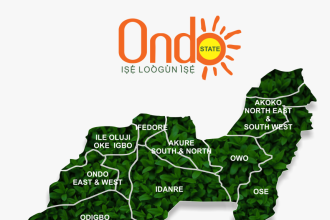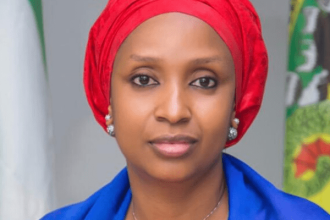The Federal Government says its bold economic reforms are beginning to pay off—and the results are already showing in the pockets of Nigeria’s states and local governments.
In a meeting held Monday with the new World Bank Country Director for Nigeria, Mr. Matthew Verghis, Minister of Budget and Economic Planning, Senator Abubakar Bagudu, announced that the country’s sweeping economic changes are leading to stronger revenue inflows at the grassroots and lower public debt levels nationwide.
“This government is on the right track,” Bagudu said, according to a statement by the Ministry’s spokesperson, Mrs. Julie Osagie-Jacobs. “States are earning more, local governments are feeling the impact, and our debt burden is coming down. We’re seeing real results.”
The reforms referenced include the controversial but transformative removal of the petrol subsidy and the floating of the naira—moves that sparked heated debates but are now being credited for unlocking federal resources and boosting fiscal discipline.
One of the most promising signs? Thirty-three states and the Federal Capital Territory have reportedly slashed their debt profiles, repaying a total of N1.85 trillion in domestic debt between June 2023 and December 2024, according to figures released by the National Orientation Agency.
“The subsidy removal and exchange rate reforms were game-changers,” the NOA said. “They’ve turned out to be tremendous blessings for the states.”
Bagudu also thanked the World Bank for its continuous backing and pointed to the Bank’s recent Nigeria Development Update as evidence that the international community is taking note of Nigeria’s progress.
But the work is far from over. Bagudu says the administration’s ultimate goal is to grow Nigeria’s economy into a $1 trillion powerhouse—and to do that, Nigeria must embrace rapid, sustained growth of at least 10% annually. For that to happen, he stressed, there must be collective support from politicians, labour unions, businesses, and citizens alike.
World Bank Country Director Matthew Verghis echoed the optimism. “You’re on a path that’s not easy, but it’s necessary,” he said, drawing comparisons to India’s economic reforms of the 1990s that sparked decades of growth and poverty reduction. Verghis pledged the Bank’s commitment to helping Nigeria fast-track job creation, improve agricultural output, and bring more people into the financial system.
Verghis, who most recently served as the Bank’s South Asia Regional Director for Equitable Growth, brings decades of experience from work in countries like China, Vietnam, and Kenya. His appointment signals a renewed focus on helping Nigeria meet its ambitious development goals.
With the reforms gaining traction and international partners showing strong support, the federal government insists Nigeria is firmly on the road to economic recovery and sustainable growth.





